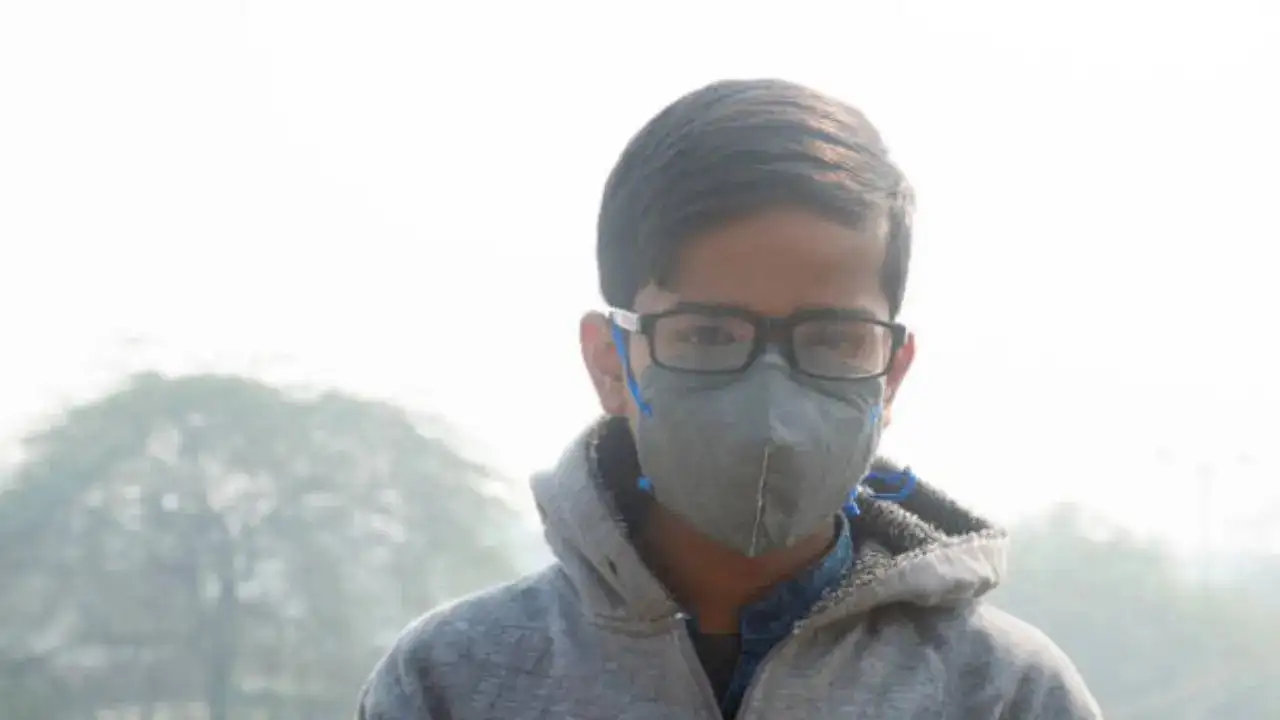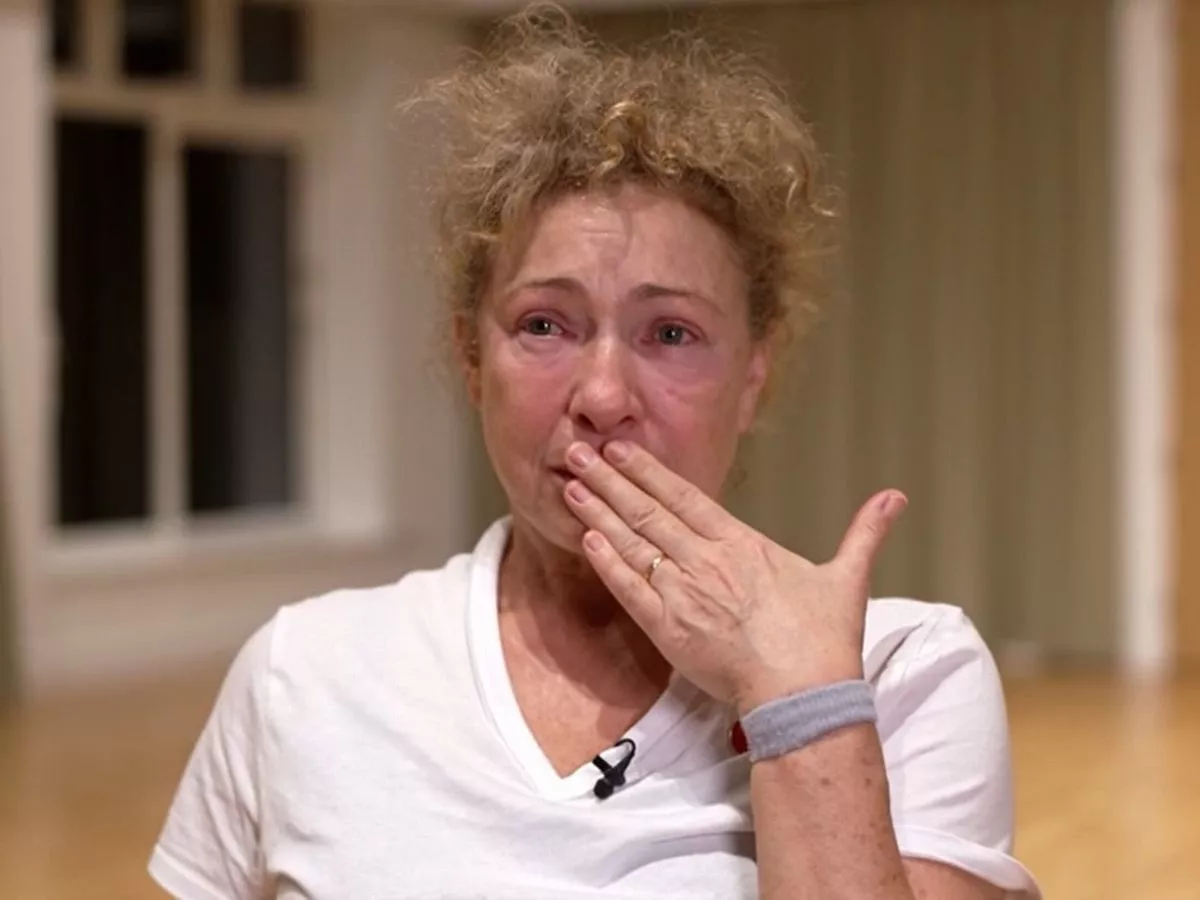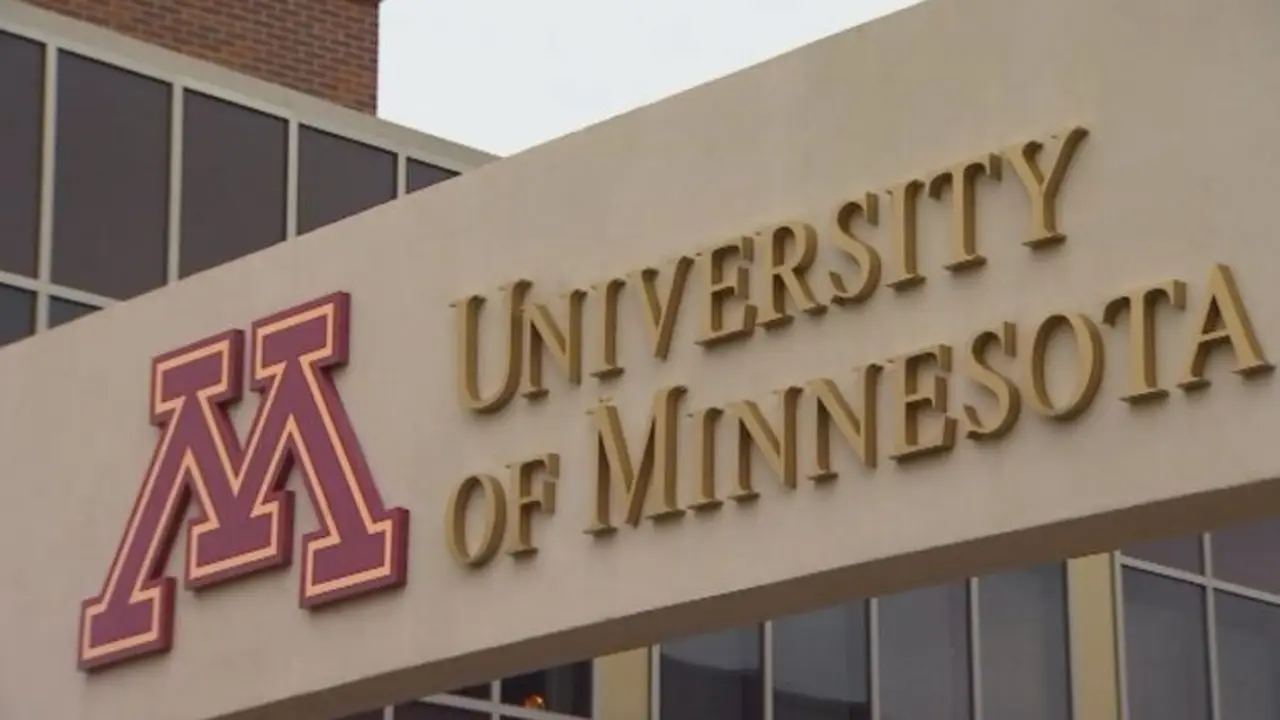Copyright timesnownews

As Delhi’s air quality continued to deteriorate on Monday, slipping into the “very poor” category, experts are worried about the health of children who continue to breathe toxic and polluted air. According to doctors, a smog-filled environment is leading to deadly breathing conditions in children, affecting their lungs in the long term. While on Sunday evening, hundreds of residents, including children, took to the streets protesting against worsening air pollution, no major steps have been taken by the government yet to address this emergency., ,Doctors say even though adults suffer too, studies have shown that children bear the largest brunt of toxic air as their lungs are still growing, and since they breathe faster, and spend more time outdoors, during school hours. Key revelations include: ,Children who live in cities with polluted air have considerably stunted lung growth. Kids growing up around the Delhi-NCR have 10 to 15 per cent smaller lungs compared to children in cleaner environments. Constant exposure to polluted air particles is giving rise to cases of asthma, chronic cough, and bronchitis. https://www.timesnownews.com/education/delhi-schools-closed-tomorrow-live-updates-delhi-ncr-gurugram-noida-air-pollution-aqi-latest-news-liveblog-153124740,What are the immediate and short-term effects of pollution on children’s lungs? , According to doctors, a few short-term effects of pollution on children’s lungs include: ,,Irritation ,Pollutants lead to immediate irritation of the eyes, nose, and throat, causing severe symptoms like chronic coughing, wheezing, and a stuffy or runny nose. ,,Inflammation ,Air pollution leads to inflammation in the respiratory tract, causing bronchitis and other respiratory issues. ,,Increased infections ,Children mostly experience increased susceptibility to colds and chest congestion. ,,Long-term effects of pollution on children , In the long run, children suffer with: ,,Stunted lung growth , Studies say exposure to toxic air for a long time permanently impedes lung growth in children, which means their lungs may never reach their full size and strength. ,,Asthma , Polluted particles in the air significantly raise the likelihood that a child will develop asthma later in life. Asthma is a chronic respiratory disease that leads to inflammation and narrowing of the airways in the lungs, causing symptoms like wheezing, coughing, chest tightness, and breathlessness. Doctors say asthma can be managed by avoiding triggers, but it has no cure. ,,COPD , Air pollution significantly contributes to chronic obstructive pulmonary disease or COPD in kids, by impairing lung growth and development from both prenatal and childhood exposure. Doctors say it also causes a condition known as developmental COPD, where impaired lung function in early life increases the risk of developing COPD later in adulthood. ,Both outdoor pollutants from traffic and industry, and indoor pollutants from biomass fuel or gas cooking, contribute. ,,What can parents do to prevent permanent lung damage in children? , Since the toxicity and particulate matter continue to majorly occupy the breathing space, parents need to take care of their kids' health, by: ,Limit outdoor exposure on high-pollution days – especially the exposure during peak hours. Make sure to avoid outdoor playtime or walks early morning and evening when pollution peaks. Use indoor air purifiers, especially in children’s bedrooms. Encourage breathing exercises, which include pranayama practices like anulom-vilom, which help improve lung capacity. Enhancing immunity with nutritious food packed with vitamin C-rich fruits like kiwi, guava, and citrus fruits. You can also add natural immunity boosters like turmeric milk, jaggery, and clove and tulsi tea to their daily diet. Make sure your kids are wearing N95 or N99 masks when heading outdoors. Doctors say cloth masks do not block PM2.5 particles, so completely avoid them.



